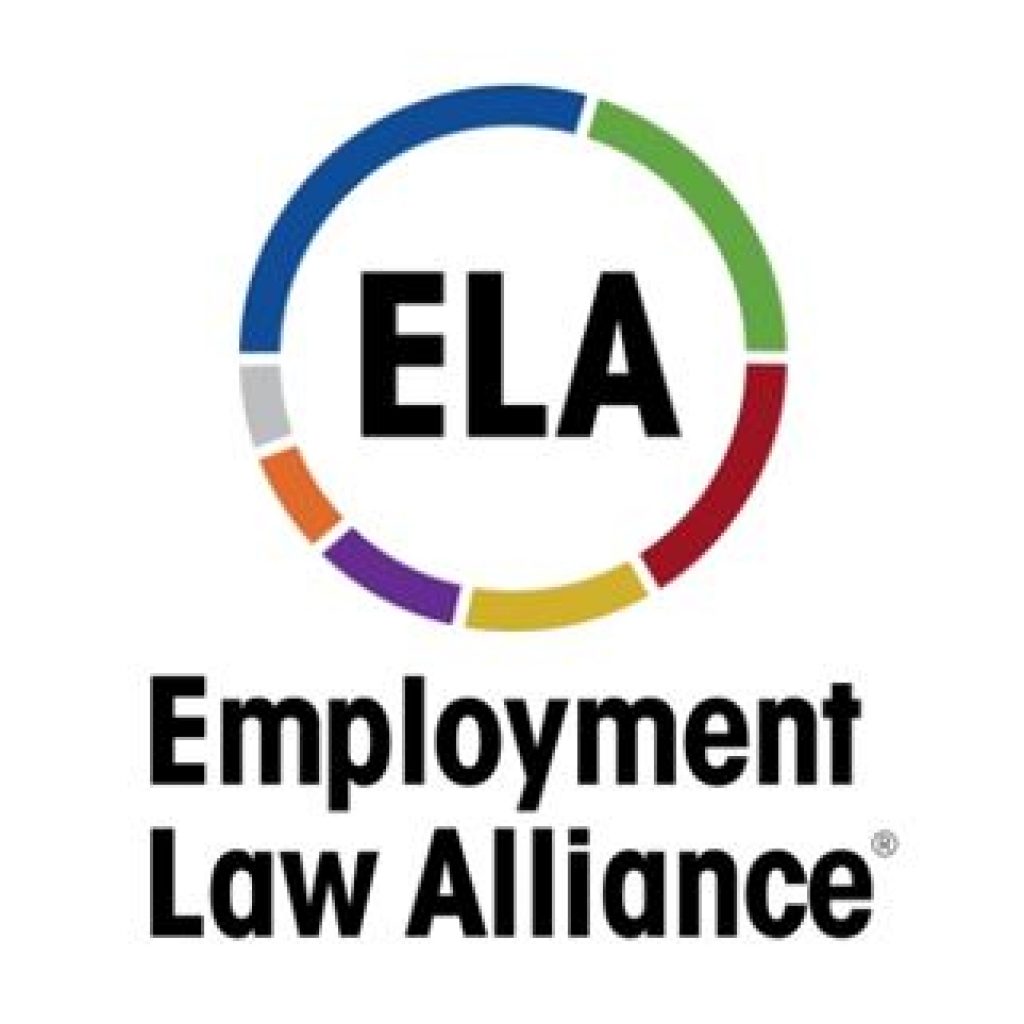Denial of Religious Accommodation Requires Proof of “Substantial” Burden
Following the Supreme Court’s recent overhaul of the undue hardship standard for religious accommodations requests under Title VII, which we discussed in our June 29, 2023 E-Lert, the U.S. Court of Appeals for the Fifth Circuit recently found that an employer failed to meet the heightened standard and, in so doing, provided some guidance to employers on how to apply the standard.
Background of the Case. In Hebrew v. Texas Dept. of Criminal Justice, the employer terminated a correctional officer for refusing to cut his hair and beard in violation of his religious vow. Although it provided beard exemptions from its grooming code for medical reasons, it stated that the employee’s beard prevented him from properly wearing a gas mask on the occasions when chemical agents were being utilized on the unit, and that his long hair could be used by an offender to overpower him, while also preventing the easy detection of contraband that could be hidden in his hair.
The New Undue Hardship Standard. Under Title VII, an employer must provide reasonable accommodations for an employee’s religious needs, absent an undue hardship. Prior to the Supreme Court’s recent ruling in Groff v. DeJoy, this had been interpreted to mean any burden that was more than de minimis, or minimal. However, the Supreme Court “clarified” that “‘undue’ means that the requisite burden, privation, or adversity must rise to an ‘excessive’ or ‘unjustifiable’ level.” Consequently, according to the Supreme Court, “an employer must show that the burden of granting an accommodation would result in substantial increased costs in relation to the conduct of its particular business.”
The Fifth Circuit’s Ruling. The Fifth Circuit found that the employer was unable to meet this “clarified” undue hardship standard. In particular, the Fifth Circuit noted that the employer failed to identify “any actual costs it will face – much less ‘substantial increased costs’ affecting its entire business – if it grants this one accommodation.” Further, the employer’s reference to possible additional work for the employee’s co-workers was insufficient, especially since the Supreme Court asserted that impacts on co-workers are only relevant if they place “a substantial strain on the employer’s business.” And finally, the employer failed to show that it conducted “a thorough examination of ‘any and all’ alternatives.”
The Fifth Circuit also rejected the employer’s argument that the employee’s long hair was an undue hardship because contraband could be hidden, and if all officers had long hair, it would change how the employer searched its officers. The Fifth Circuit noted that this was a hypothetical policy, and not specific to the single accommodation request at hand. Moreover, a search of the employee here might take a few extra minutes – which is not a substantial or undue hardship. Similarly, it rejected the argument that there was a safety risk in wearing a gas mask with a beard, noting that exceptions were permitted for medical reasons and the employer subsequently changed its policy to permit all male officers to have quarter-inch beards. And lastly, it rejected the argument that inmates could grab his long hair to incapacitate him, since the employer permitted female officers to have long hair for any reason.
Lessons for Employers. This case offers a number of lessons for employers wishing to claim undue hardship for a religious accommodation request, including the following:
- Employers must provide evidence of concrete and specific costs, which must be substantial, that impact their business.
- The impact on co-workers is no longer enough to establish undue hardship, unless there is a “substantial” strain on the business. Certainly, co-worker resentment or religious animosity will never be enough to meet the standard.
- After denying a request, employers must then consider other alternatives, beyond what was requested by the employee.
- Employers must also rely on factual evidence of hardship, and not hypothetical harm.
- Employers should not make arguments that are obviously contrary to what they are doing or permitting elsewhere (such as the quarter-inch beards for all male officers, and long hair for female officers).







